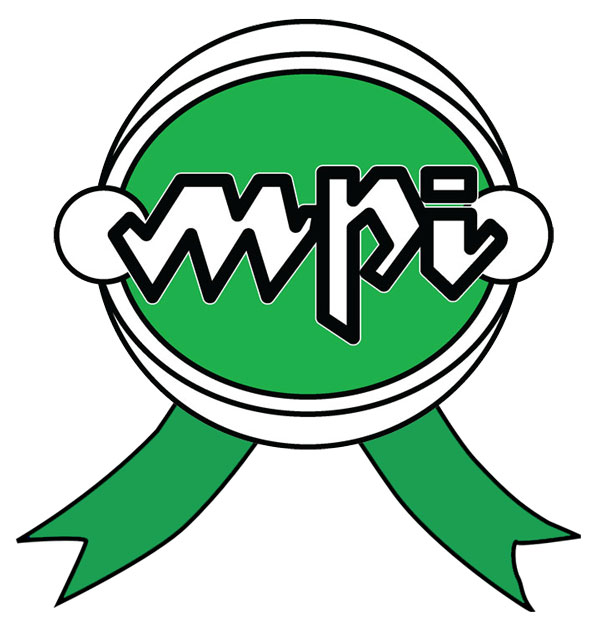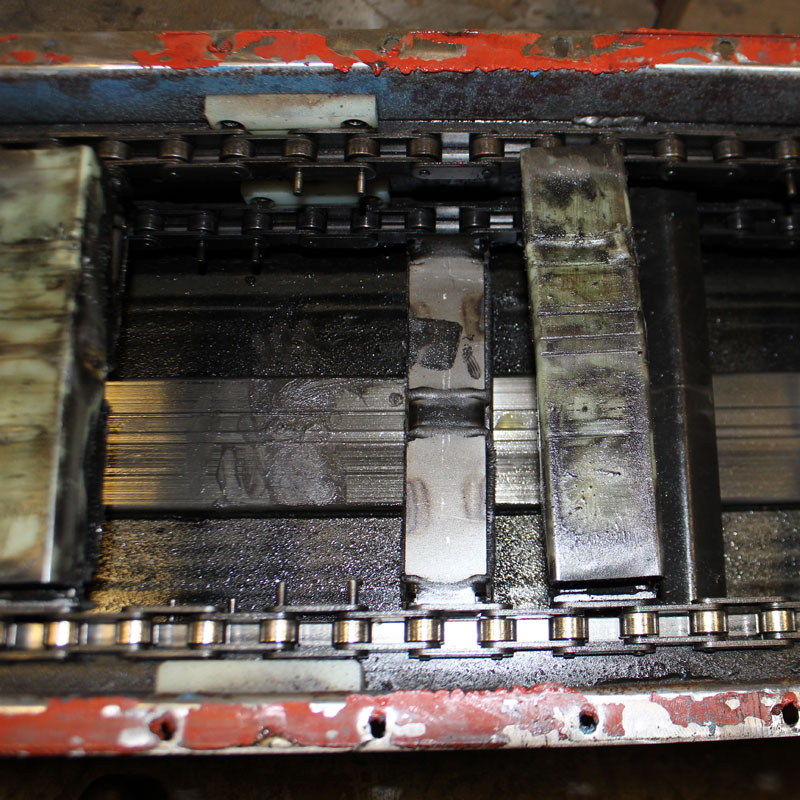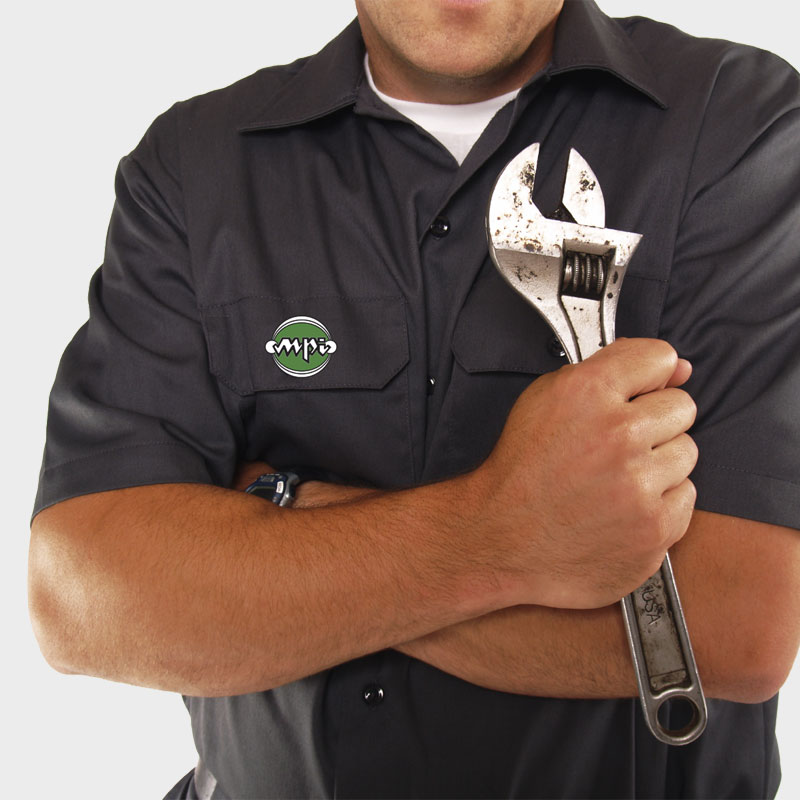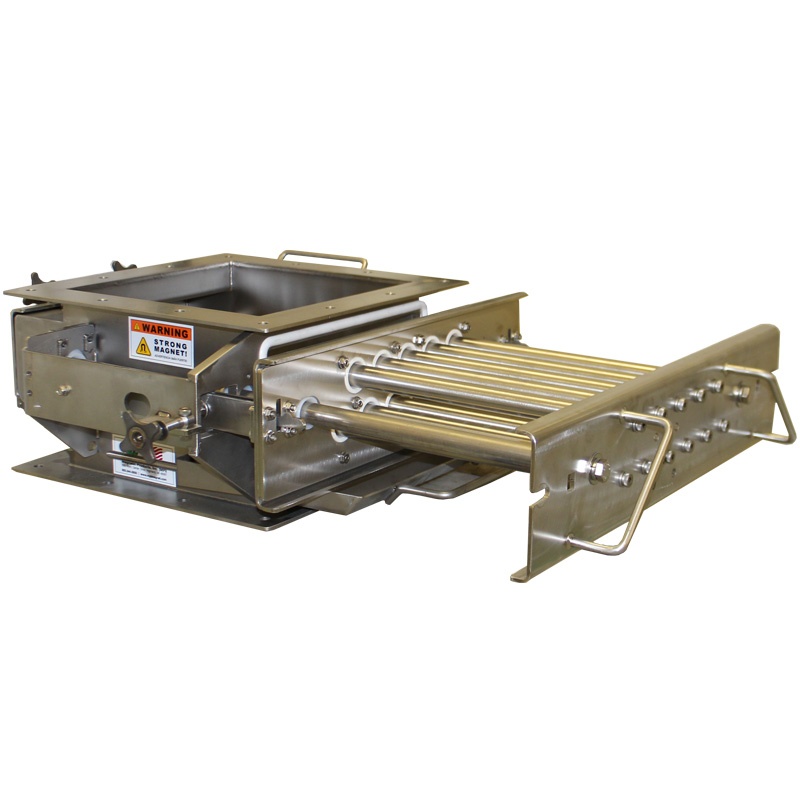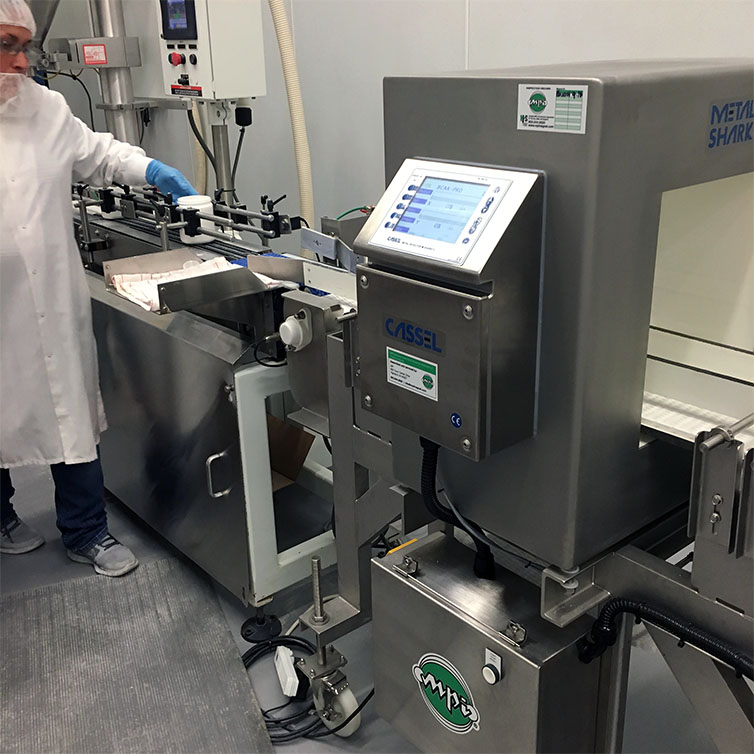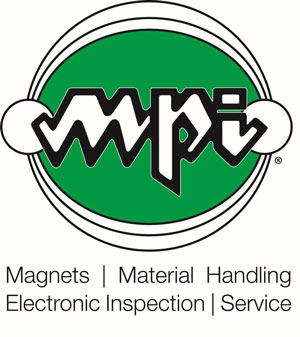Two New Product Patents Added to the MPI Portfolio!
Highland, MI (April 3, 2015) – Announcing MPI’s newest patent acquisitions
Magnetic Products, Inc. (MPI), is excited to announce MPI’s newest patent acquisitions on its M-Series Electric Shakers and new magnetic separator for the recycling industry!
U.S. Patent No. 8,752,695
After several years since filing its application MPI has been awarded patent protection for its M-series line of electric shaker conveyors. This product enjoys significant sales success since its introduction nearly 10 years ago and has become the industry standard for metal stampers. The technology has expanded to include press mounted and central scrap conveyor models. MPI’s M-series shakers are also used in many other industries that require conveying products and materials who benefit from not having a moving belt as the conveyance method.
U.S. Patent No. 8,955,686
A new way to remove ferrous and weakly magnetic metals from non-metallic materials without entrapping the non-metallic products with the metals being captured has been introduced by MPI. This new magnetic separator was developed for processing a variety of recycled materials such as:
- Municipal solid waste (MSW) to separate metals from curbside and industrial trash
- Ground or shredded rubber from tires to remove the steel belting
- Construction & demolition (C&D) to remove nails and staples from demolished building materials.
This new technology has many applications and is ideal for removing metals from materials where achieving nearly 100% separation between captured metals and nonmagnetic materials is needed.
About Magnetic Products, Inc.:
Based in Metro-Detroit Michigan, MPI designs, manufactures and services magnets, material handling, and electronic inspection systems. MPI products are designed to be complete metal and foreign contamination control solutions for the food production and related industries. MPI’s equipment and service programs help its customers minimize downtime and protect brand integrity by offering safe and reliable equipment. MPI leads the industry by continuously engineering inventive products, advancing customer education through significant investments in research and development, and proactive product training. All MPI equipment is backed by its best in class service programs, customer service team, and support team. MPI interacts closely with its customers and expands its offerings to meet the changes of a dynamic and ever changing marketplace.
For further information, visit www.mpimagnet.com.


